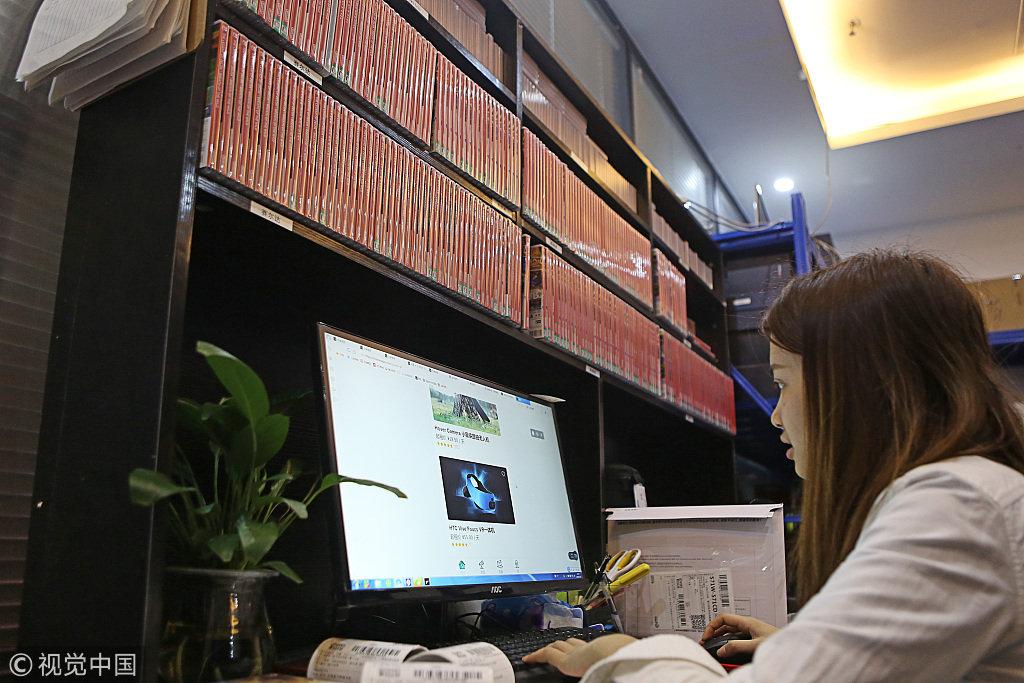Social credit system work progressing


Regulatory procedures will be set up, State Council meeting decides
China will make strenuous efforts to build a more comprehensive and rigorous social credit system to improve the business environment and boost development, the State Council decided at an executive meeting chaired by Premier Li Keqiang on Wednesday.
Key priorities for improving the social credit system were identified at the meeting. These include building social credit-centered regulatory procedures, establishing blacklist procedures and enhancing social credit building in areas concerning people's livelihoods.
"Breakthroughs have been made in developing the social credit system. Going forward, the system needs to be improved in key areas in response to specific needs." Li said at the meeting
China has made visible progress in developing a national social credit system. A unified social credit code, which identifies businesses and their specifics, has been introduced nationwide.
Seventy-one central government departments and provincial governments have been connected to the national credit information-sharing platform.
The cross-sector, interagency mechanism of incentives and disincentives for acts of good or bad faith has already demonstrated its usefulness.
"The priority now is to improve our business environment with stronger measures against cheating in the marketplace, such as counterfeiting and infringements on intellectual property rights," Li said.
At Wednesday's meeting, several key steps were decided upon to enhance building the social credit system, and its application and related legislation will be prioritized.
A credit-centered regulatory system will be set up to improve the business environment. A blacklist mechanism will be introduced for credit defaulters.
At the same time, information confidentiality must be safeguarded, with corporate secrets and individual privacy well protected.
The State Council decided that efforts in developing the social credit system will be accelerated in key areas concerning people's livelihoods.
The nonpublic sector will be guided in building the social credit system, and credit information services provided by third parties will be developed.
The meeting also urged that government departments must bolster their credibility. The problem of new officials disavowing obligations taken on by their predecessors will be tackled under the law.
"A market economy is based on credit," Li said. "A fine credit system provides market entities with the information they need for business operations. A blacklist should be established. Access to and sharing of information, which can serve to incentivize or discipline, helps reduce transaction costs and improve the business environment."
Li also called for the prompt establishment of a secure and reliable social credit system and the introduction of capable third parties in the financial sector.
- China's CR450: A new era of high-speed rail at 400 km/h
- TAN SUO SAN HAO to pioneer future of deep-sea exploration
- Xi's discourses on Chinese modernization published in Japanese
- Officials summoned over alleged garbage bin food served to students
- Caring hearts help to enhance quality special education
- Xi sends condolences to South Korean acting president over plane crash




































